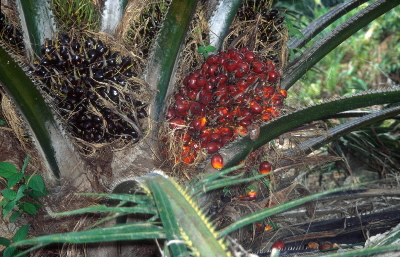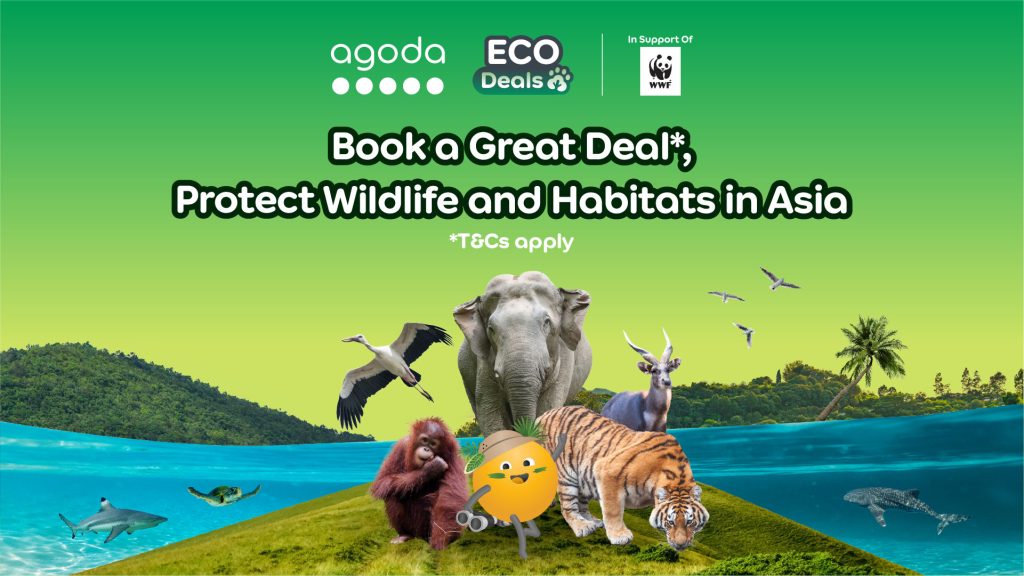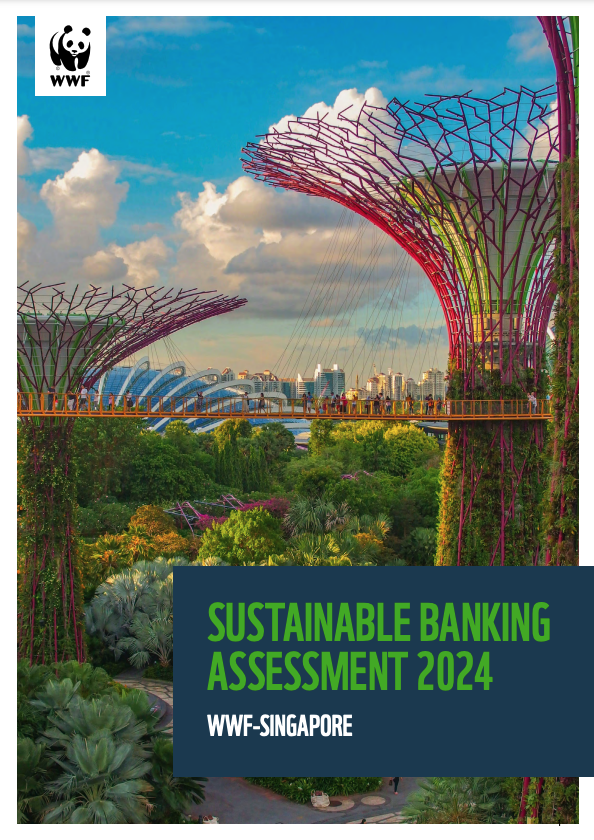Singapore – Consumers can soon enjoy soap, shampoos and many other products containing palm oil with a clean conscience following overwhelming acceptance by the Roundtable for Sustainable Palm Oil (RSPO) — a group of producers, buyers, retailers, financial institutions and NGOs — on a set of criteria for the responsible production of palm oil.
WWF is calling on companies to implement these criteria as soon as possible to ensure the conservation of tropical forests that are valuable for both people and endangered species, such as elephants, tigers, and orang-utans.
Known as the “RSPO Principles and Criteria for Sustainable Palm Oil Production”, the criteria give companies much-needed guidelines to produce palm oil in an environmentally friendly and socially responsible way. Its ratification was the result of a year-long participatory process involving a broad spectrum of stakeholders.
Palm oil is used in a vast range of everyday products, including soaps, chocolate bars, ice cream, ready-to-eat meals and margarine. Increasingly, it is being touted as a biofuel. Worldwide demand for palm oil has skyrocketed over the past 25 years, and palm oil plantations now cover an area of 11 million hectares. Global production of palm oil is expected to nearly double by 2020.
While oil palm production is a major source of income for Malaysia and Indonesia, the main producer countries, bad practices in parts of the industry have also brought about high ecological and social costs. Industry growth is fuelling the rapid clearing of the most biodiverse tropical forests in the world, putting pressure on species that need these forests. Forest fires to clear land for plantations are a regular source of haze in Southeast Asia, posing serious health problems.
WWF believes that sustainable palm oil production is the best way to meet the world’s growing palm oil needs without further damaging forests and people. The ratification of the RSPO criteria is a crucial first step in the right direction.
“This breakthrough for sustainable palm oil was only possible because everyone worked together,” said Matthias Diemer, Head of WWF’s Forest Conversion Initiative. “Before consumers can find sustainable palm oil products on supermarket shelves, all companies in the supply chain, from plantations to retailers, must take immediate action to put these criteria into practice.”
While the criteria apply to producers, the buyers of palm oil, particularly food manufacturers and retailers, should switch to sustainable palm oil, thereby encouraging producers to do the right thing.
“Most of the lowland forest of the island of Sumatra has already been cleared for plantations and other uses,” added Dian Kosasih, Head of WWF-Indonesia’s forest programme.
“As sustainable palm oil production gains momentum, we have the chance to stop further destruction and save some of the world’s most biodiverse forests, which are excluded from conversion by the RSPO criteria.”
Initiated by WWF in cooperation with business partners in 2003, the RSPO is an independent non-profit organisation focused on promoting sustainable palm oil and achieving a common definition of responsible palm oil production. WWF participated actively in developing the RSPO criteria.
For further information:
Dieter Müller, Communications Officer
WWF Forest Conversion Initiative, WWF-Switzerland
Tel: +41 44 297 22 25
E-mail: dieter.mueller@wwf.ch
Carrie Svingen, Senior Communications Officer
WWF Asia Pacific Forest Programme
Tel: +62 361 231805
E-mail: csvingen@wallacea.wwf.or.id















